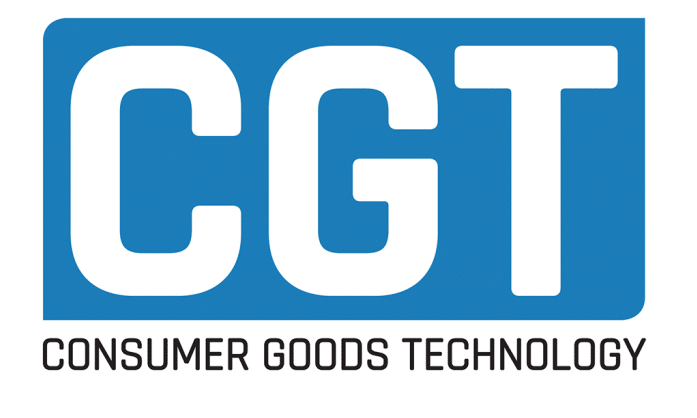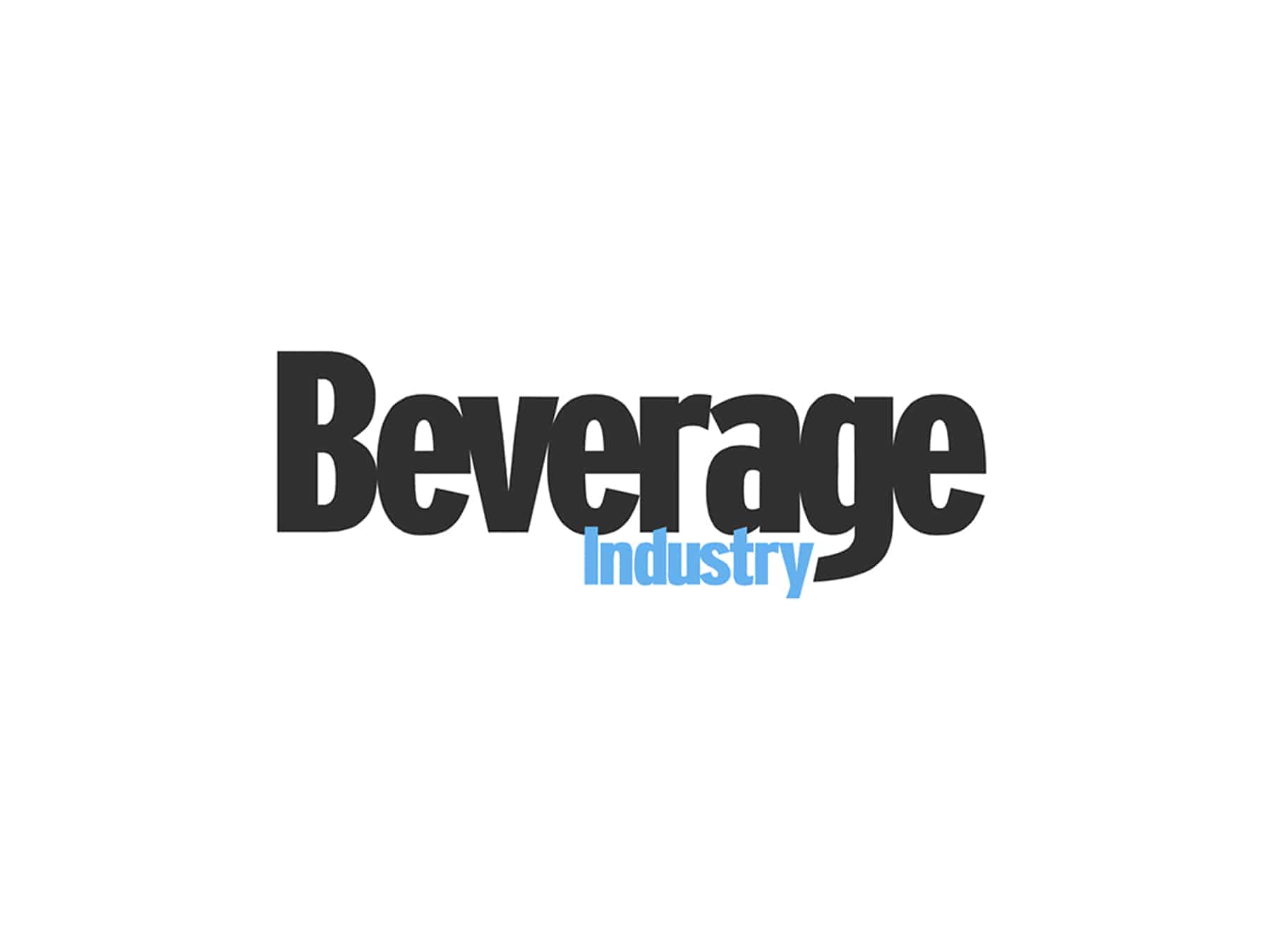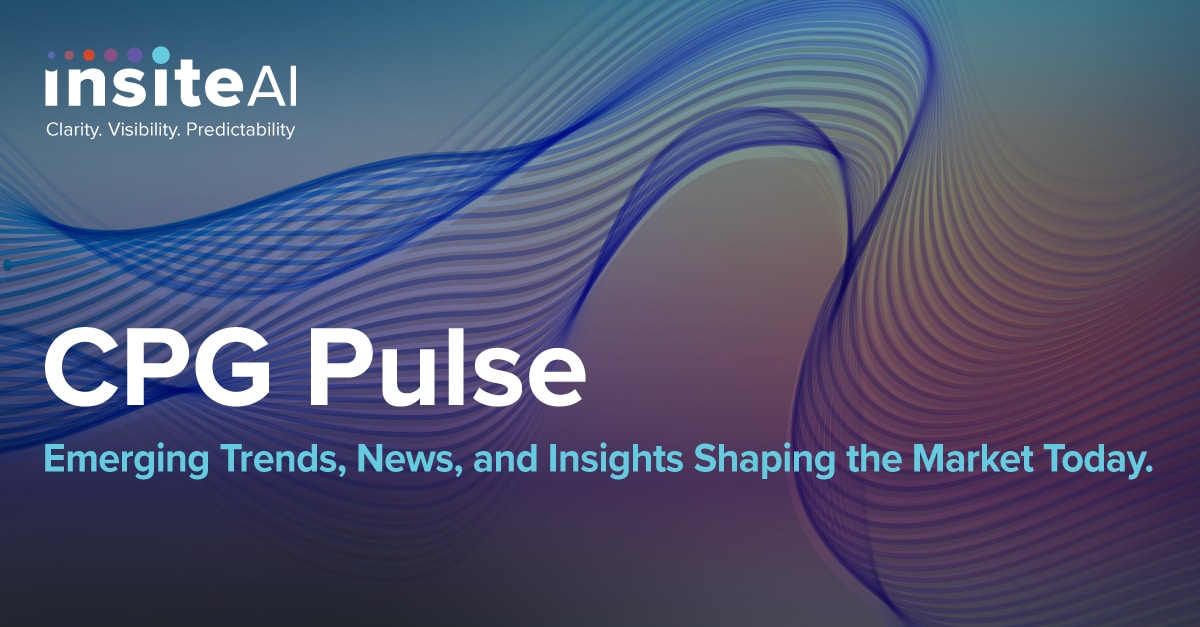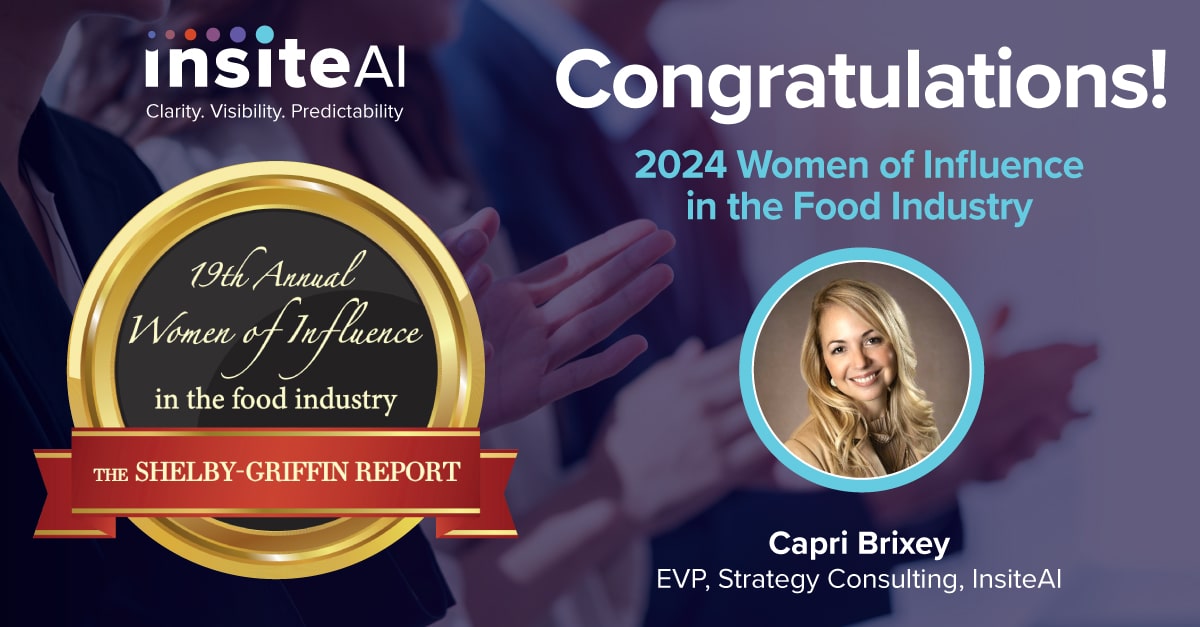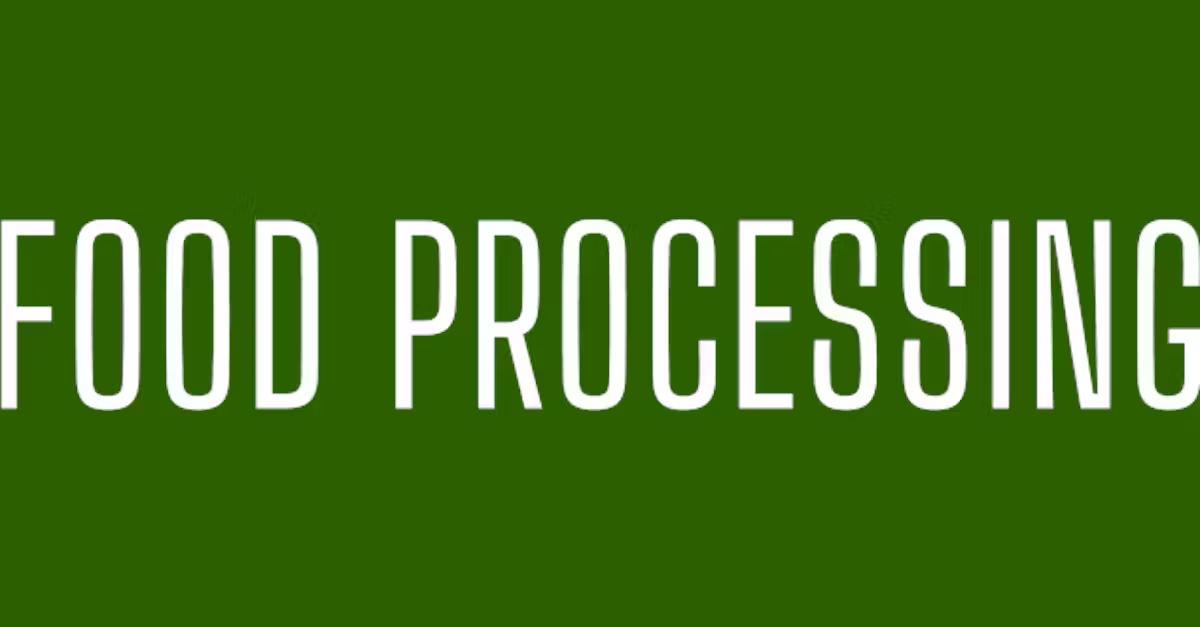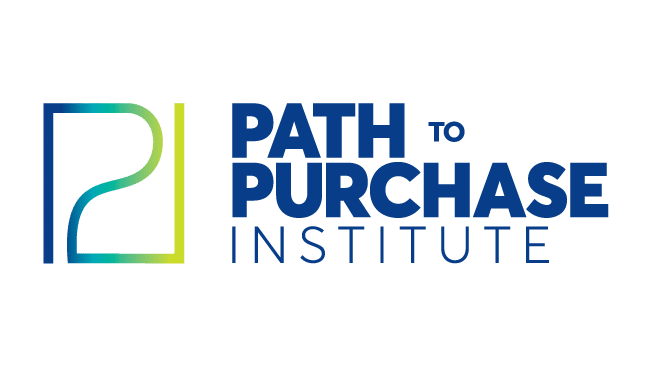
Positioned between brands and retailers, brokers can leverage AI and precise data to find a common truth — and pave the way for CPGs to adopt AI
Brokers play a crucial role in the CPG and retailer community. They possess extensive knowledge of the market and categories across every store, including consumer preferences, trends, and pricing dynamics. Brokers effectively represent brands and lead as strategic partners in navigating the retail industry. Leveraging their expertise, brokers help retailers streamline their supply chains, expand their product offerings, and ultimately enhance customer satisfaction. Their ability to effectively bridge the gap between suppliers and retailers as a total solution makes brokers essential in optimizing retail operations and driving business growth.
By sitting between the CPG and the retailer, brokers hold a unique position, with an opportunity, or even a responsibility, to become leaders in how CPGs of all sizes adopt AI. The technology is currently in its infancy for effective adoption, with limited clarity on exactly how CPGs will allow AI to change ways of working. However, brokers can shape the ways this technology creates efficiencies, reduces the digital overload, and pioneers its broad application to the industry overall. In doing so, they differentiate themselves and fulfill their promises to their CPG partners in helping them gain a competitive edge in this dynamic retail landscape.
Through business intelligence and predictive analytics, brokers can ascend to new heights among CPG partners. They can also strengthen their standing among retailer partners. Moreover, brokers can be a bridge between both, using high-powered AI to uncover common data truths and drive growth across the store.
Here are top ways brokers can lead the way in AI:
1. Present Accurate Demand Planning and Predictive Market Analytics
In 2023, retail sales are expected to grow more than 4%, generating nearly $5.23 trillion, according to the National Retail Federation. NRF also said more than 70% of those sales will be inside physical stores.
How close to reality will that forecast of 4% growth turn out to be? Brokers can provide a precise view of what’s happening in the market and what is likely to happen through AI-powered demand planning and market-level trend forecasts. These data and insights help inform forecasting from the highest level. Brokers can help predict future buying behavior across channels and subcategories. They can inform retailers of trends and shifts in the marketplace, and they can provide the most granular store-level view into inventory and click-and-collect service. All of these efforts, powered by AI, continuously learn, adapt, and create an enterprise environment enabling strategic decision-making, rather than an increased digital workload. Brokers can become a single source of truth in developing a precise view of enterprise market and demand planning.
2. Assist With Store Execution and Assortment
At a store-by-store level, across retail channels, brokers can leverage AI to customize insights for CPGs in any category. AI can be custom-tailored to each of the brands with which brokers work, to build the most impactful product mix and decision-enabled portfolio.
Further, they have the unique perspective of working with brands at all points in their journey of scaling and growth. For larger brands, some brokers have a responsibility to effectively build a mature portfolio with multiple opportunities in the retail environment. In that role, they fill gaps where large CPGs lack visibility and provide solutions where larger CPGs cannot internally manage the need for additional capabilities. For emerging, growth, and niche brands, brokers have a different, more targeted set of responsibilities to deliver that those brands might not be able to generate themselves.
All brands are looking to achieve category thought leadership and mutual growth with retailers they serve. AI application to assortment optimization, demand transference, and predictive analytics can help them achieve a greater share of the category and effective increases in visual inventory. Smaller brands aiming to get a stronger foothold in a category can tap into brokers and their ability to lead with AI-driven insights to bring retailers data-informed strategies on how they’ll grow a category overall.
3. Optimize Promotions and Trade
Even without a robust services suite, as sales partners to CPG brands, brokers, enabled by AI, can boost acumen in understanding elasticities of price, space, and market. AI modeling shows how the interconnected dynamics in availability, leakage, allocated category space, pricing and promotions impact sales and profitability.
Brokers that embrace this technology will lead by using learning models to predict the most effective promotional outcomes, optimized for their partners’ established goals and the current macroeconomic environment.
The technology allows for actionable insights on how to execute the best overall plan, and the best use of promotions, in the most impactful locations, and in the most deserving regions. The technology backs brokers with the unique and differentiating capability to plan efficiently as partners and lead with the optimization of portfolios, brands, and categories, in ways CPGs are currently not leveraging themselves. Brokers can align a pricing strategy that maximizes sales, revenue, and profits for their partners.
4. Become a Bridge to a Common Truth
Possibly the greatest strength a broker can leverage through AI is an ability to lead the data capabilities that solve problems and enable more efficiencies for CPG clients, in addition to relieving their own ‘digital debt’ that continues to grow for the industry overall.
Digital debt is costing us innovation. According to a recent Microsoft study, 64% of people struggle with finding time and energy to get their work done, and those workers are 3.5x more likely to say they struggle with innovation.
Common truth, or insights driven by the integration of multiple sources of data, narrow the focus to that with the greatest impact on the outcome. And those that excel at — or adopt these integrated models to find the common truth — will be the bridge-builders and the leaders in the industry. This becomes a powerful position for brokers, solidifying them as intelligence-driven category advisors.
Brokers have a tremendous opportunity to enhance their offerings to CPGs through the adoption of AI. AI and machine learning solutions can enable brokers to analyze vast amounts of data, including market trends, consumer behavior, and competitor insights down to the store level. By harnessing these insights, brokers can further establish themselves as thought leaders and strategic advisors, providing CPGs with valuable market intelligence, helping them to be more agile, make more data-driven decisions, and outpace the competition.
For more on how Insite AI can help brokers become innovation leaders in the industry, contact us here.

